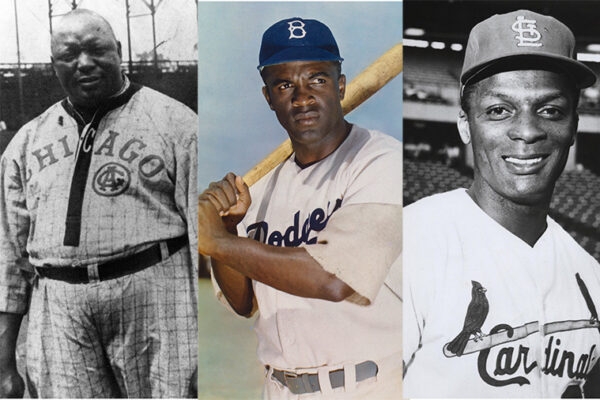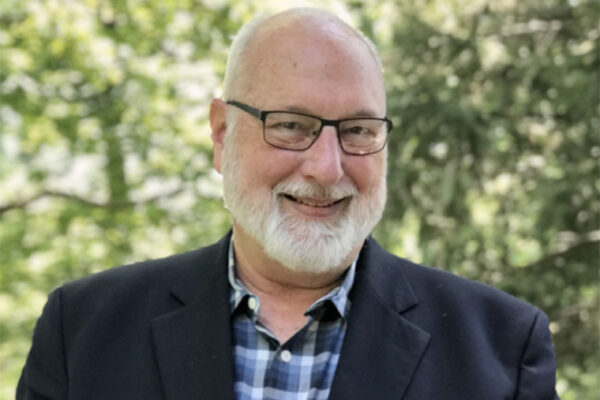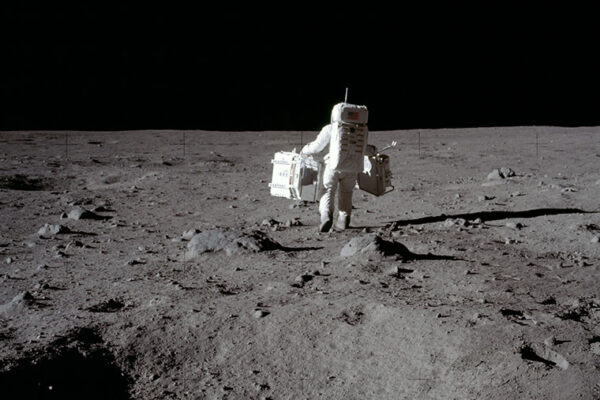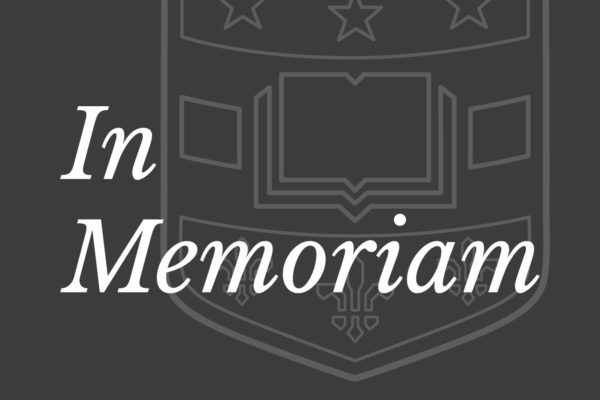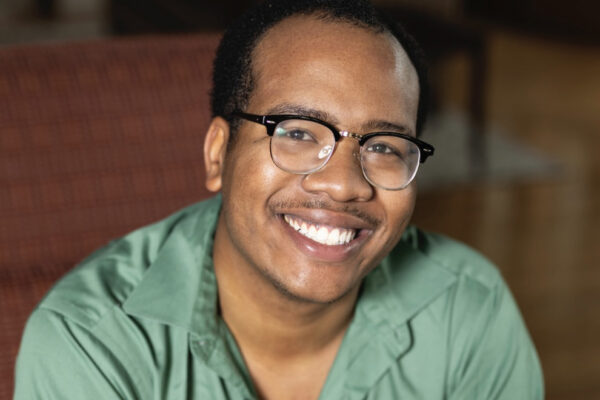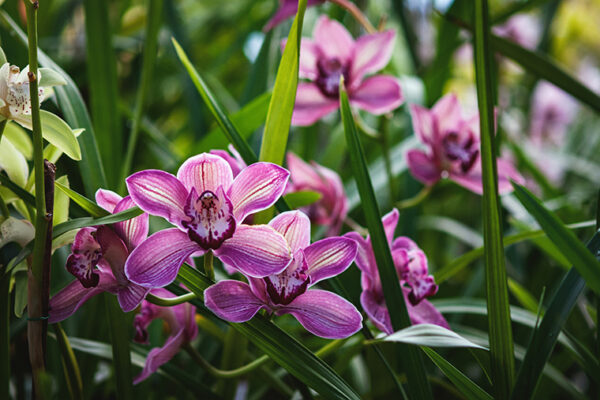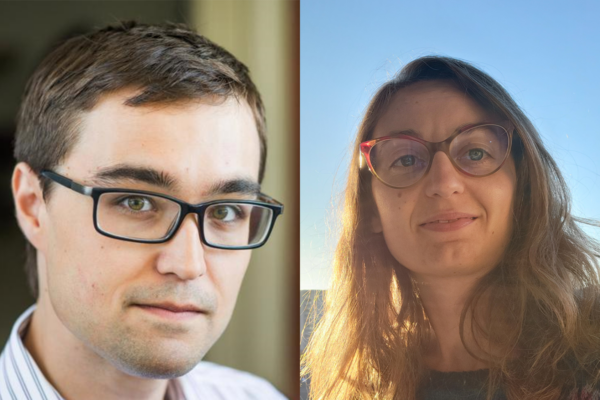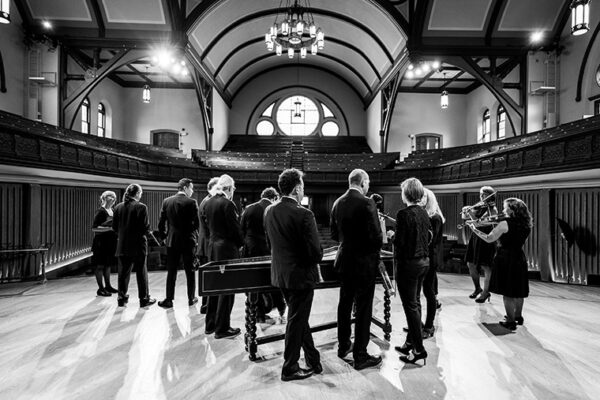‘The Souls of the Game’
Gerald Early, the Merle Kling Professor of Modern Letters in Arts & Sciences, is one of five curatorial consultants working with the National Baseball Hall of Fame and Museum in Cooperstown to organize “The Souls of the Game: Voices of Black Baseball.” The new exhibit will open May 25.
Klein examines ‘Matisse and Water’
John Klein, a professor of art history and archaeology in Arts & Sciences, contributed one of three principal essays to “Matisse and the Sea.”
Space sciences team wins microanalysis award
A team from the McDonnell Center for the Space Sciences won the Microanalysis Society’s Macres Award for the best instrumentation/software paper.
Peter Alan Fedders, professor emeritus of physics, 85
Peter Alan Fedders, a professor emeritus of physics in Arts & Sciences at Washington University in St. Louis, died Feb. 22, 2024, in La Jolla, Calif. He was 85. Fedders was an expert in condensed-matter physics who made significant contributions to the theory of nuclear magnetic resonance.
Wynter selected for prestigious summer program
Washington University in St. Louis sophomore Da’Juantay Wynter has been selected by the Institute for Responsible Citizenship for its Washington Program, a selective, two-summer program for talented Black male college students.
Birth outcomes improve in states that extend driver’s licenses to undocumented immigrants, research finds
A new study by Margot Moinester in Arts & Sciences is among the first to find positive health benefits associated with inclusive immigration policies — a sharp contrast to the harmful effects of restrictive policies.
New insight into orchid origins
Research from Washington University in St. Louis shows that orchids probably originated in Eurasia. Biologist Susanne Renner in Arts & Sciences is a senior author of the study in New Phytologist.
Two WashU faculty awarded Sloan Research Fellowships
Two early-career Washington University faculty members have been awarded a prestigious Sloan Research Fellowship: psychologist Zachariah Reagh, in Arts & Sciences, and neuroscientist Gaia Tavoni, at the School of Medicine.
Tafelmusik and ‘Passions Revealed’
Tafelmusik, “one of the world’s top Baroque orchestras” (Gramophone magazine), and “perpetually fabulous” (Boston Globe) violinist Aisslinn Nosky, will present “Passions Revealed,” a program exploring Baroque music’s potential to stir the soul, March 3 as part of the Great Artists Series at Washington University in St. Louis.
Embracing the Bard
The Performing Arts Department in Arts & Sciences will present William Shakespeare’s “The Winter’s Tale” in Edison Theatre Feb. 23 to March 3.
View More Stories
